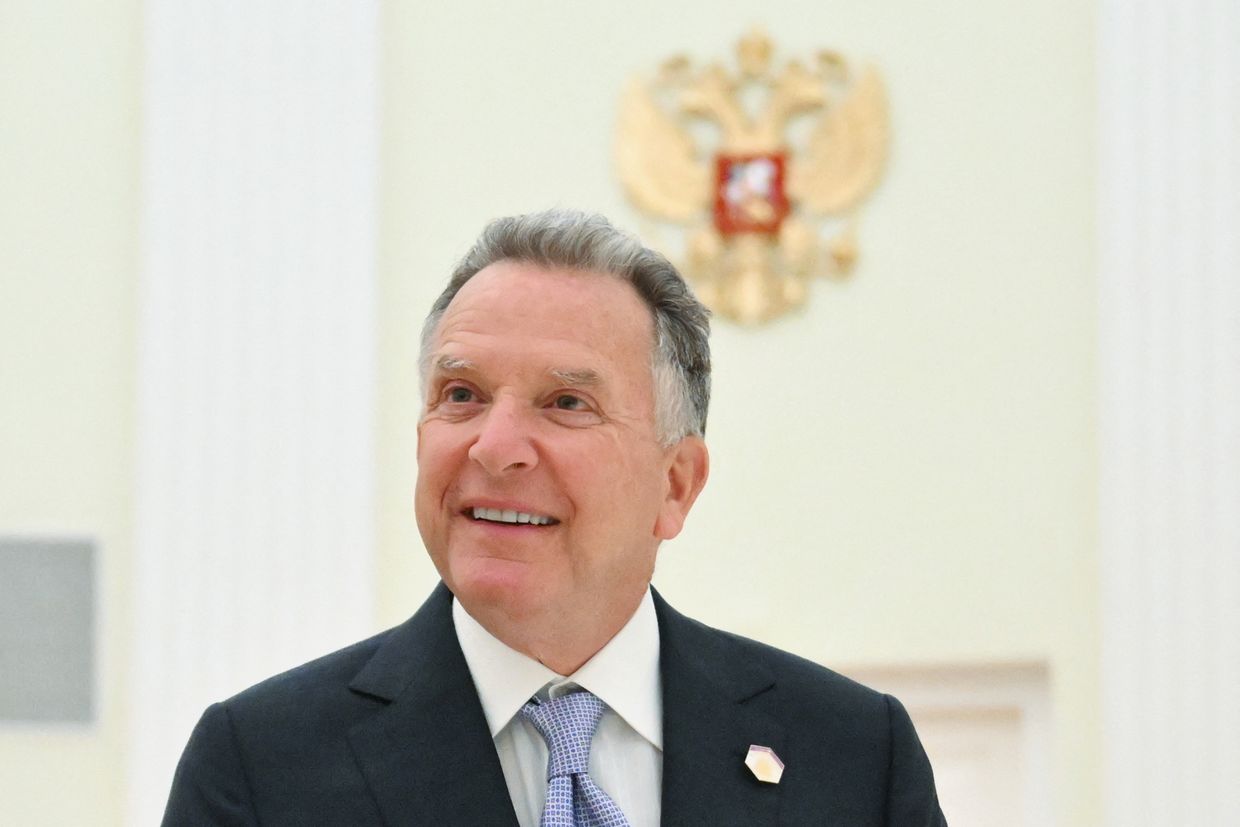Europe preparing legal groundwork for reparations loan to Ukraine

The EU is preparing a legal document to seal a reparations loan, jolting the long-stalled 140-billion-euro plan to back cash‑strapped Kyiv after rival peace plans put it in doubt.
"The next step is that the Commission is ready to present the legal text," said Ursula von der Leyen, European Commission president, in a speech to European lawmakers in Strasbourg on Nov. 26.
The document is expected to be released within days, Bloomberg reported, citing its sources.
Pressure to seal the deal is at an all time high after a peace plan drafted without European input proposed channeling some frozen assets into a U.S.–Russia investment vehicle — blindsiding the EU, who had planned to use the cash to back the reparations loan.
Although in the works for months, this will be the first time that a concrete legal proposal is put forward.
European countries failed last month to agree on the plan due to opposition from Belgian Prime Minister Bart de Wever. The next occasion for European countries to vote on a plan is likely at the European Council meeting on Dec. 18–19.
Ukraine faces a funding cliff in 2026 and needs about 135 billion euros in combined military and financial support over the next two years, according to the EU.
About $300 billion in Russian central bank foreign reserves were frozen by sanctions after its invasion of Ukraine in February 2022. Roughly two-thirds are held in Belgium, which have become the focus of European efforts to lend them to Ukraine through the reparations loan.
There are conflicting accounts on whether the frozen assets will be included in a renegotiated plan. While Bloomberg reported that reference to the assets were removed from a 19 point peace plan drafted with European input, a NewsMax report said that they were one of the tough topics still to be discussed.
Ukraine's top legal adviser, Iryna Mudra, told the Kyiv Independent on Nov. 25 that Ukraine rejected that the frozen assets should be used as a bargaining chip in negotiations, and pressed Brussels to make a move on the plan.
"If the EU approves a reparation loan based on international law (...) then Ukraine will have predictable, long-term financial and military sustainability."












